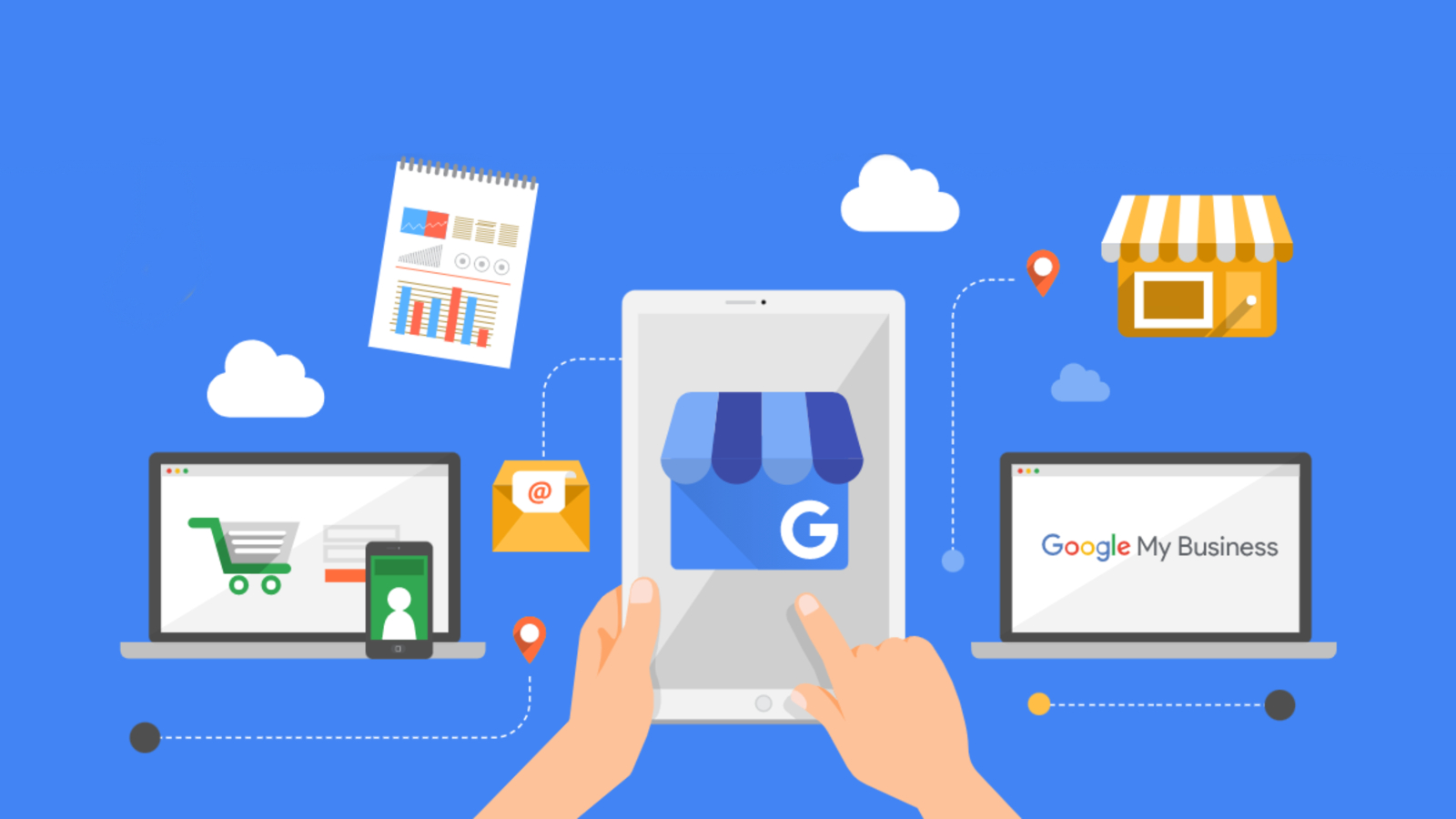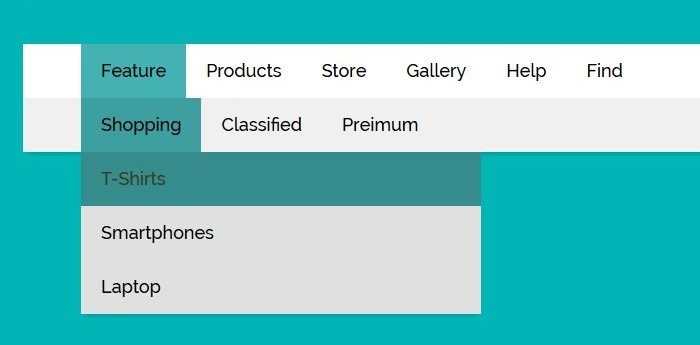A lot has been said about how the hotel industry is evolving in the technology-led environment that we all live in today. With the increasing growth and dominance of internet-based travel agencies and more affordable services like AirBnb, it has become harder for hotels to stand out from the crowd. Smart marketing, however, can turn the tables around!
We’ve compiled a list of our Top 7 Hotel Marketing Strategies to help increase your booking rates!
1. Presentation is key
The way you present your hotel online is how people perceive it, so in order to increase your general appeal you have to make sure that your marketing strategy is on point.
One way to implement this is to ensure that the pictures on your hotel website and social media are authentic and attractive. Hiring a professional photographer will be well worth it to you in the long run.
Writing a blog is also undoubtedly a great hotel marketing strategy. The host needs to make sure that the blog’s content is on their site, is the best in its category, and is of real value. The better the content, the more likely it is that your site will drive traffic directly to the booking.
Making sure your website looks professional and is easy to use is also very important. You don’t want potential customers leaving your site because they don’t know how to use it or because your booking form doesn’t work.
At Happy Shrimp, we provide web design for hotels and other types of accommodation businesses such as bed and breakfasts, camp sites, caravans and glamp sites. Be sure to check us out if you’re looking for a professional website that will never let you down.
2. Finding your target audience
You could, and in some ways, probably do, already engage with the general public with your marketing campaigns, but it is market segmentation that can yield better results by targeting specific groups. This involves examining your target markets for the hotel industry and dividing them based on booking behaviour and price sensitivity.
For example, your hotel is in a tourist hotspot, in North Wales perhaps. An example of market segmentation in play would be to consider reaching families that are looking to visit during the summer holidays. By learning their details such as their average age, income, spending habits and probable booking dates, you’re better informed as to how to market and price your rooms, what deals to offer and who in the community to partner with for combination deals.
This way, your marketing campaign will target a specific audience.
You can reflect their idea of a good time and tie in deals with a local restaurant, bar or club. Remind them that this is the most popular place to be and offer them irresistible deals.
3. Making your website SEO-friendly
Let’s face it; technology has taken control. Today’s holiday makers can do their own comparative research without leaving their beds. So if your hotel is not easy to find online, then that’s probably why bookings are low. It should be visible online for potential bookings so that people can find you.
Most people start by using Google, so it’s best to make sure your website is search engine optimised. Use popular hotel keywords in your site copy, and make sure your site loads quickly.
You should not be limited to just one social platform, search engine or travel site. While it is not necessary to have a presence on every imaginable site, you should delve deeper into site analysis, find out where your target consumers usually browse, and create an attractive, strong, and competitive presence on these platforms.
4. Utilising data to provide personalised content
As we already know, guest expectations are higher than they’ve ever been and hotels are feeling the consequences of this. Therefore, it’s important that at every interaction point with a guest, data is recorded that helps a hotel understand more about that individual, their interests and any insights that can increase the quality of the guest’s experience with the hotel.
It’s not as difficult as you may think. There are a host of tracking tools that can be implemented on your website that track an individual’s journey and their interactions on your website. These include the specific pages visited by a guest, how frequently they return to your website, the searches they conduct, as well as the content they download or engage with. All of this data when combined and stored in a single interface becomes usable content that can be used to personalise a guest’s experience with a hotel.
Most websites today are dynamic by nature. They have the ability to adapt the content hosted on it in terms of size and structure based on elements like device type and connection speed. But in addition to this, content can also be dynamically customised based on what your website knows about a specific visitor.
5. Catering to the community
When people book and arrive, you are the first representation of your hotel that they experience. Ideally, you want them to feel like they have arrived at a place that is welcoming and comfortable. While you supply that immediately, your relationship with other businesses in the community is the sort of thing that can suggest to your guests that this destination is worth returning to.
Partnering with local businesses like restaurants, shops, cinemas, museums or other attractions can be a win-win situation.
6. Good reviews make good impressions!
One of the most important aspects of smart hotel marketing is ensuring that there is evidence that your guests have a positive experience. One way to do this is to focus on generating reviews from guests.
By generating positive reviews, you can attract new visitors, and strengthen your reputation as a reliable and safe hotel. This will encourage other guests to book rooms in your hotel, which will in turn generate more revenue for you.
It’s also important to take on board any negative reviews; use these in your favour to improve on what you’re currently doing.
Always make sure that your marketing efforts are directed at the right audience. By targeting potential guests who are likely to write reviews, you can maximise the impact of your marketing efforts. Additionally, by responding quickly to any reviews, you can rectify any issues that have arisen and improve your customer service rating.
7. Offer special rates and packages
Offering special rates and packages is a great way to increase bookings at your hotel. You can offer discounts for certain days of the week or for extended stays. You can also create packages that include meals, activities, and other amenities. By offering these special rates and packages, you will be able to attract new visitors to your hotel.
Another great way to increase bookings is to offer loyalty programs. Loyalty programs give guests a reason to return to your hotel. You can offer discounts or points that can be redeemed for free / reduced rate nights or other rewards. By offering these loyalty programs, you will be able to keep your guests coming back.
By using these smart marketing strategies, you will be able to increase bookings at your hotel in no time.







